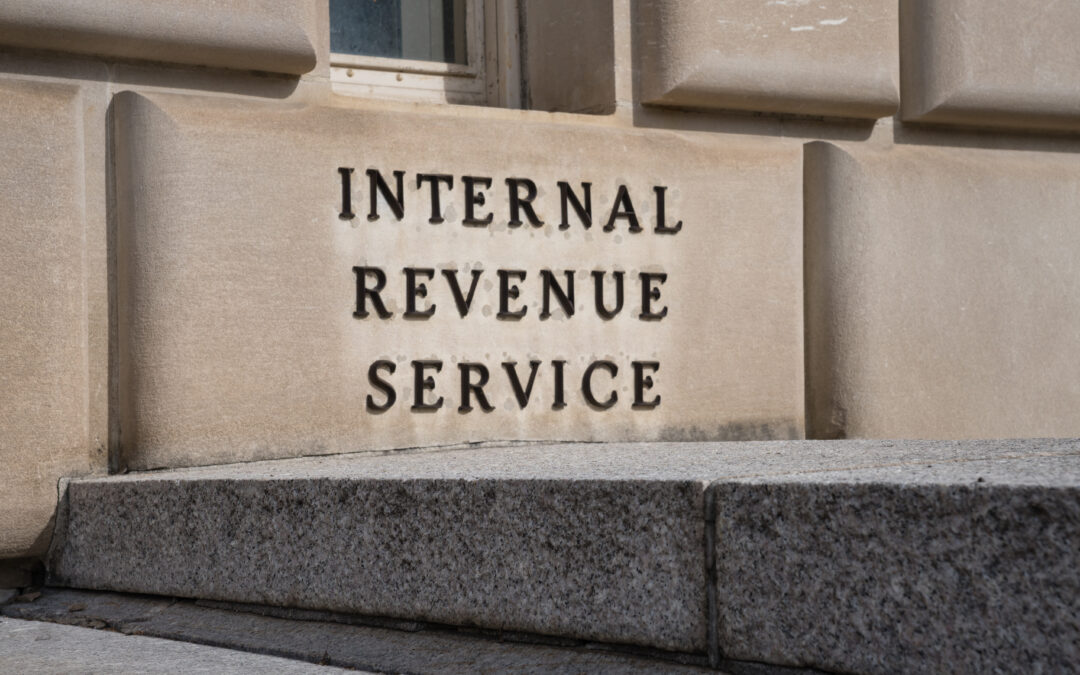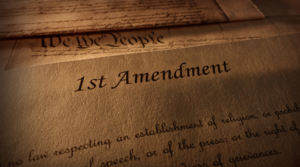For more than 70 years, countless pastors across America were led to believe a lie—that if they spoke from the pulpit about elections, candidates, or policy issues, they could risk their church losing its tax-exempt status. This fear, rooted in a misunderstanding of the 1954 Johnson Amendment, silenced too many church leaders, fostered confusion, and kept the Church on the sidelines during critical cultural moments.
But this week, the truth finally broke through.
In a remarkable legal filing, the IRS officially acknowledged what we’ve long known and argued: churches and pastors are free to speak to their congregations about political candidates and elections—clearly, biblically, and without fear. The IRS went so far as to compare this to “a family discussion concerning candidates.”
That’s their language, not ours.
You can download a helpful Q&A document for pastors here that unpacks exactly what this means and how churches can move forward with confidence.
➡️ Click here to download the Q&A for churches document in PDF.
What exactly did the IRS say?
In a court filing on July 7, 2025, the IRS clarified that when a pastor addresses his congregation—whether during a sermon, through a church email, or in a bulletin—it’s not considered “participating in a political campaign.” Instead, it’s protected internal religious speech.
The Johnson Amendment still technically exists. But the IRS made it clear: it does not apply to a church speaking to its own people through normal channels of ministry. That’s a game-changer that removes decades of unnecessary fear.
This means your church still can’t operate like a campaign headquarters, run paid political ads, or host public campaign rallies on behalf of a candidate. But you can:
- Preach sermons applying Scripture to elections and public policy.
- Distribute voter guides or information on legislation from a biblical perspective.
- Communicate your church’s concerns—or support—about candidates directly to your congregation.
- Pray publicly for current or potential elected officials.
As long as these messages are directed at your congregation, shared through normal ministry channels, and framed in a biblical context, there is no legal risk. That’s straight from the IRS’s own language.
Why does this matter now?
The sad reality is that for decades, the myth of “separation of church and state” was twisted to muzzle pastors, creating a fog of fear. Many church leaders were hesitant to disciple their people on how biblical truth applies to civic engagement, or how to think about candidates and issues through a biblical worldview.
This latest IRS statement changes that. It makes official what had been an unofficial “low-risk” posture for years. It removes the gray area. It’s a clear green light for pastors to teach their people how faith should shape every part of life, including the choices they make in the voting booth.
What should Churches do now?
At Pennsylvania Family Institute, we believe this is a moment of opportunity. In a culture increasingly confused about basic truths of life, marriage, family, and human dignity, clarity is compassion, and silence is not an option.
Here’s what we encourage pastors and church leaders to do:
- Pray and search God’s Word for wisdom on the pressing issues of our day.
- Disciple your people year-round on biblical principles of justice, life, marriage, and moral truth—not just during election season.
- Speak clearly and courageously when candidates or policies align—or fail to align—with biblical values.
- Equip your church to think biblically, not just politically.
We’re here to help
That’s why PA Family Institute and our Church Ambassador Network exist—to walk alongside pastors and churches with practical resources, biblical clarity, and encouragement. Whether it’s providing sermon ideas, voter guides, or simply being a trusted friend to help you navigate these conversations, we want to serve you so you can boldly serve your congregation.
Download the IRS Q&A for pastors here and share it with your church leadership. Together, let’s ensure the Church never falls for this lie again. Let’s continue to speak the truth in love, rooted in objective truth and God’s Word, and unafraid to engage every area of life, including how we lead our people to be faithful citizens.
Featured image by Ken Lund via Wikimedia Commons, licensed under CC BY-SA 3.0. https://www.flickr.com/photos/kenlund/14299031739 | https://en.wikipedia.org/wiki/Wikipedia:Text_of_the_Creative_Commons_Attribution-ShareAlike_3.0_Unported_License





